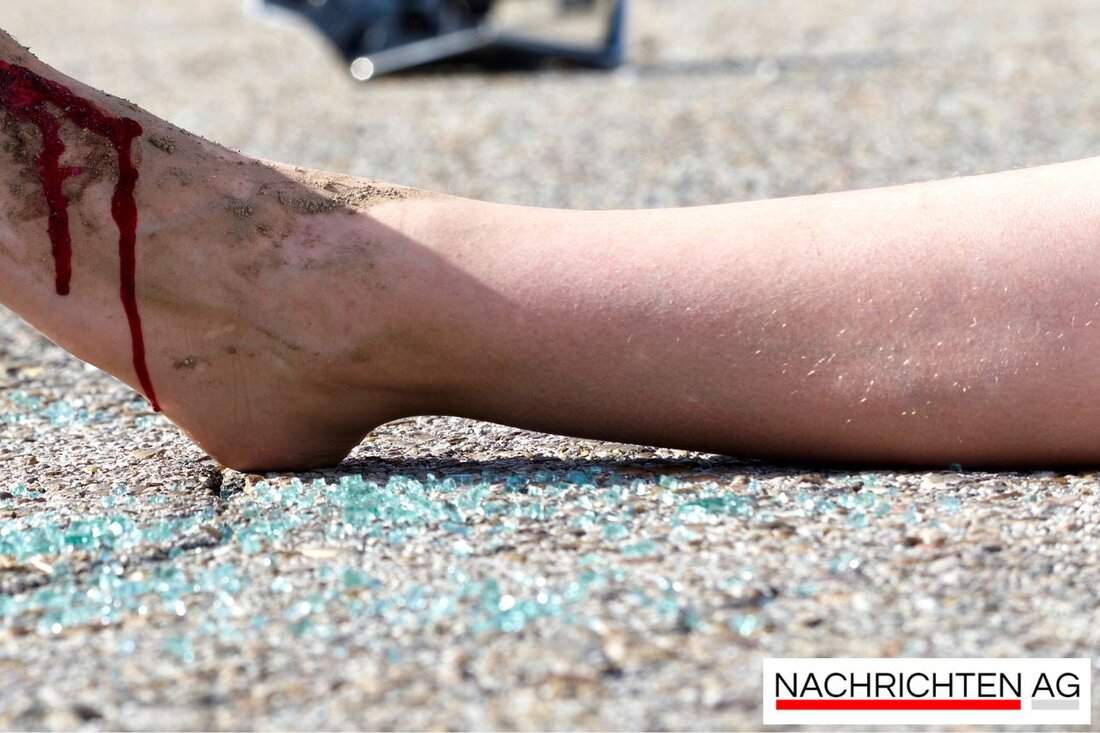Bicycle accident in Munich: Helmet saves cyclist from worse injury!
In Munich, a cyclist has an accident due to a gust of wind; her helmet protects her from serious injuries. Traffic police are investigating.

Bicycle accident in Munich: Helmet saves cyclist from worse injury!
A cyclist from Munich suffered a serious fall on Erika-Mann-Straße on Monday morning, July 14th, which was caused by a strong gust of wind. The 37-year-old fell and sustained some injuries, but decided to drive herself to a hospital for a medical evaluation. Fortunately, her bicycle helmet prevented more serious head injuries, according to police. The helmet was badly damaged in the fall, but the woman escaped with relatively minor injuries. Her bike was also only slightly damaged.
The incident was recorded by the Munich traffic police, who are now conducting further investigations. This gives you an idea of how important a helmet can be when cycling. The numbers speak for themselves: a study shows that wearing helmets can prevent up to 80% of head injuries among cyclists, which underlines the urgent need to encourage more people to wear helmets. The 2017 study by HFC Human-Factors-Consult shows that helmet wearers usually only suffer minor head injuries, while without a helmet the risk of serious injuries increases.
Helmet wearing rate in Germany and Europe
The helmet wearing rate in Germany was almost 32% of cyclists in 2021, which represents an increase of 5% compared to the previous year. There is a significant increase from around 15% to 30%, particularly in the 31 to 40 age group. There is a mixed picture for children and young people: While 78% of 6 to 10 year olds wear a helmet, the rate for young people aged 11 to 16 is only 38%, a decrease of 16%.
Surprisingly, in the Netherlands only 1.1% of cyclists wear a helmet, despite the high level of bicycle use. This is due to the excellently developed infrastructure, which makes cycling safer. Although the helmet wearing rate is higher in cities like Copenhagen, helmets remain a controversial topic in mobility policy. While some argue that better infrastructure is more important, the DEKRA study highlights that the helmet remains essential even in unsafe situations to avoid serious injuries.
Risk factors and opinions
A survey found that 66% of cyclists do not wear helmets, with fear of hairstyle being a commonly cited reason. Women and younger drivers are particularly affected by this concern. Interestingly, 82% of respondents said that wearing a helmet does not affect the way they drive. Experts like Dr. However, Barbara Schmidt emphasize the objective risk reduction that wearing a helmet brings with it in traffic.
The safety that a helmet offers is particularly important for older cyclists and e-bike users. It has also been found that non-legislative interventions, such as local campaigns to promote helmets, are significantly more effective than legal regulations. It therefore remains to be seen how the helmet wearing rate will develop in Munich and throughout Germany.
Only one thing is certain: the cyclist from Munich experienced a clear advantage with her helmet, and her experience could encourage other cyclists not to neglect the protection of a helmet when riding.
Sources: tz.de, ich-trag-helm.de, dekra-roadsafety.com.

 Suche
Suche
 Mein Konto
Mein Konto